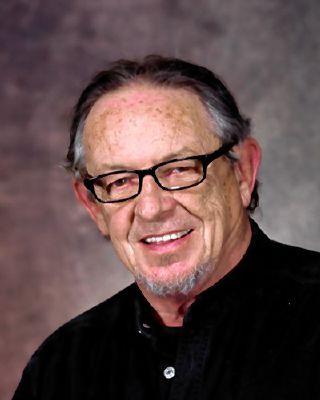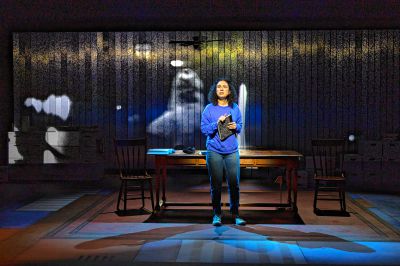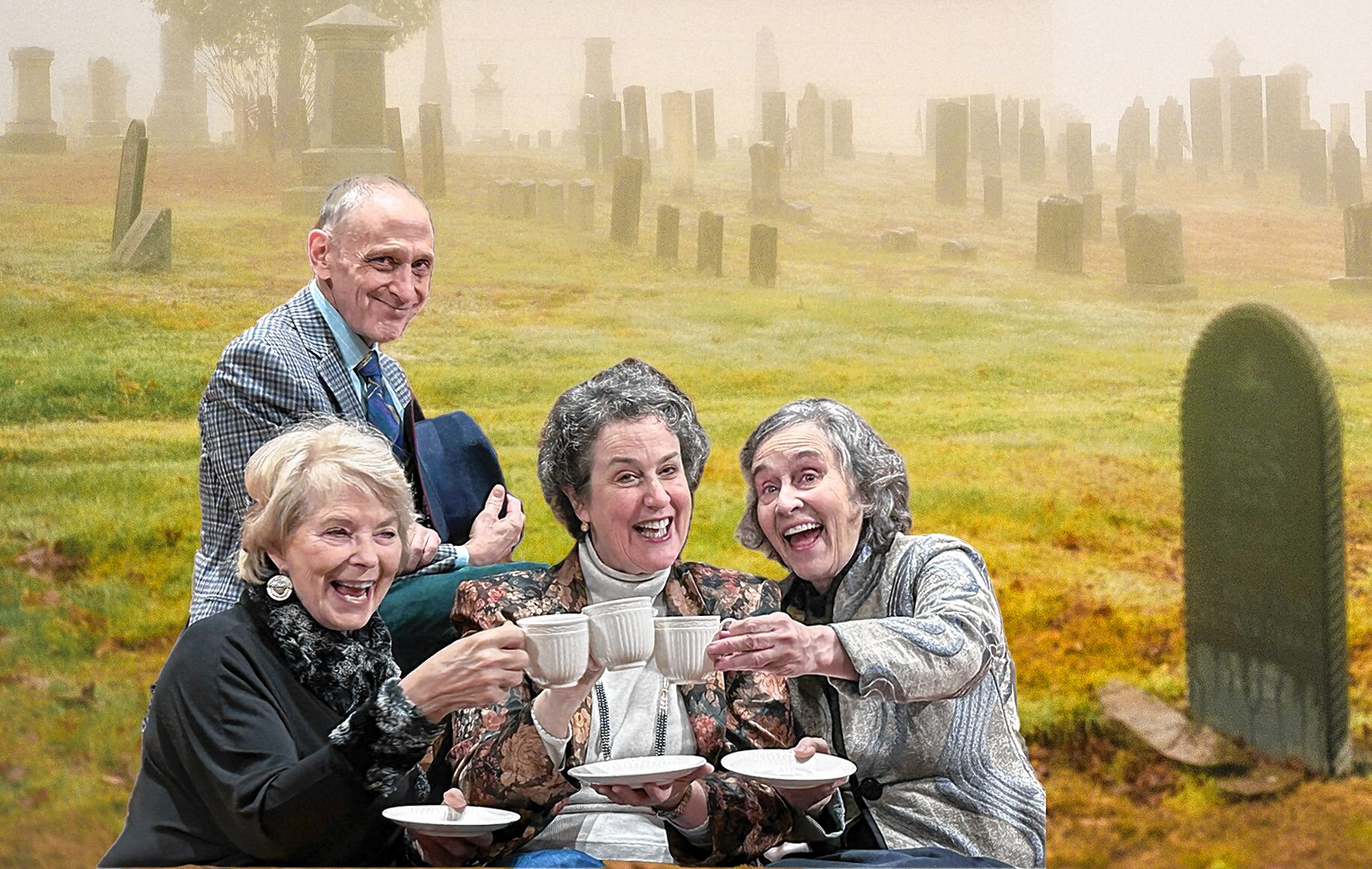
By Jarice Hanson
For the Valley Advocate
World premieres are challenging pieces of theater in every sense. For many theaters and theater companies, it’s safer to produce an “old chestnut”— a show that has a proven track record with audiences, or a show that is familiar to many.
Producing a brand new show can be challenging as well as exciting. When all of the elements — writing, directing, stagecraft and acting — are working in harmony, audiences are thrust into the spotlight of being the first judges of new work.
We’re now entering the “high season” of theater in the Valley and surrounding areas and will soon have many choices of shows or companies from Hartford to the Berkshires that are trusted to engage audiences to think and be entertained. A variety of familiar shows, companies, and personalities have dedicated followings, but in this edition of Theater Matters, I’d like to raise the question of how new work finds an audience. More specifically: how do playwrights come up with ideas to develop a new show?
Two playwrights who both have years of experience in developing new shows are Danny Eaton, producing artistic director at the Majestic Theater in West Springfield, and Martín Zimmerman, a bilingual, Latinx playwright and screenwriter whose newest work recently concluded a four week run at Hartford Stage.
Family and place provide the backdrop for “The Ladyslipper”
Hot on the heels of the Majestic’s hilarious interpretation of Oscar Wilde’s “The Importance of Being Earnest,” Danny Eaton’s new play, “The Ladyslipper” opened February 15 and runs through March 24. Featuring Madeleine Maggio, Jay Sefton, Chelsie Nectow, Mark Dean, Jay Torres and Linda Storms, “The Ladyslipper” has been in development since pre-pandemic. Danny Eaton has written a number of genre-spanning plays, and even teaches playwrighting at the Majestic, but his newest work is both personal and close to his heart.
The story is about family, both biological and the family we create through friends, and the unique sense of place we find when people who we know and love come together. The Ladyslipper is a local bar, where people from the community weigh in on matters that impact the lives of those who have ties to that special place, and to each other. When the owner of the bar dies, conflict about the future of the place forms the basis of this heart-felt show. Like many of his original works, Eaton describes the style of this show as “character driven.”
Eaton has directed many of his own plays over the years, but this time he’s collaborating with the outstanding director, James Warwick, who he praised by saying “I have to say that I have complete faith in James … Working with someone else in the directorial role has enabled me to focus much more on the script, and I think, made me a better writer and the play itself a better play.”
Eaton specializes in dialog and situations that are contemporary and realistic. The situations he writes about are universal, but his sense of personal connection between and with his characters often sheds light on new ways of thinking about interpersonal relationships. I asked him what he hopes the audience will take away from this new work and he responded, “I think for the most part my plays tend to end on a positive note — a good take-away from the audience.”
Magical realism adds to the mystery of “Simona’s Search”
Undoubtedly, an effective collaboration between writer and director invigorates storytelling. This is also true for the collaboration of playwright and screenwriter Martín Zimmerman’s most recent world premiere directed by Hartford Stage’s Artistic Director, Melia Bensussen. Using stagecraft to suggest the Latin-influenced concept of magical realism, “Simona’s Search” is told with a simple set designed by Yu Shibagaki on a floor-level thrust stage, augmented by oversized projections designed by Yana Biryukova.
Simona, played by the engaging Alejandra Escalante, narrates much of the story in monologue form, recalling her father’s unusual behavior when she was as young as 10 years old. Papi, charmingly played by the wonderful Al Rodrigo, is clearly suffering from PTSD, but why? He refuses to talk about his past in another country, and though he is devoted to his daughter, he clearly has secrets. We see Simona grow up and try to unravel the mystery of her father’s psyche though academic research that drives her to insomnia and visions of a “dark man” (suggested through projections) that raise questions about Simona’s own state of mind.
Even Simona’s love interest, Jake, played with great physicality by Christopher Bannow, can’t break through the walls that Simona has created around herself. Is she like Papi? Is her trauma inherited, or can she break free?
The genesis of the story, according to Zimmerman, was an article he read about a girl who, as a class assignment, was charged with interviewing someone who survived the Holocaust. The girl interviewed her father, and the myriad questions with no answers prompted Zimmerman to create this play that raises questions about difficult subjects and the concept of “transgenerational trauma.”
This work fundamentally raises questions about whether parents have the right to privacy when asked about their history, and secondly, if children have a right to know their parent’s personal histories. As Zimmerman writes, “that is really exciting to me, from the perspective of a writer, because there’s no right answer…” And according to Bensussen, [this play is] “close to my heart in its exploration of family relationships and cultural identity.”
Given the audience response to these two world premieres, each of these plays has made an important, timely contribution to the world of new theatrical texts.
And coming in March….
The Northampton Center for the Arts will be the venue for K and E Theater Group’s musical, “Ride the Cyclone,” a delightfully quirky cult hit, March 14 through 17. K and E has shown itself to be a first-rate theater company, and as the first show of their season, this production promises to take audiences on a wild ride. “Ride the Cyclone” features Kelly Gagner, Caleb Koval, Emma Rucci, Carina Savoie, Chris Webber, David Webber and Joshua Aaron Mason. Bill Martin is music director and Eddie Zitka directs and choreographs the work. This production contains mature content and situations, violence, language and themes recommended for ages 13+. Stage effects include strobes and bright moving lights. Ticket and performance information is available at www.KETG.org.
“The Cemetery Club,” written by Ivan Menchell, features three Jewish friends from Queens who face the challenge of moving from grief to embrace happiness. The play opened on Broadway in 1990, and was later made into a film. A co-production of Devereux Productions and Pauline Productions, the laugh-out-loud comedy features Jeannine Haas, Louise Krieger, Frank Aronson, and (self-disclosure) Jarice Hanson, and is directed by Jean Koester. The show will run at the first Congregational Church of Ashfield, March 15 through 17 and 22 through 24. For information on show times and tickets, check Paulinelive.com. Advanced tickets are recommended, and can be purchased at Ashfield Hardware, or online at TheTicketingCompany. Adult tickets run from $15 to $35, with youth tickets, $10.











